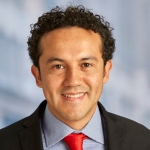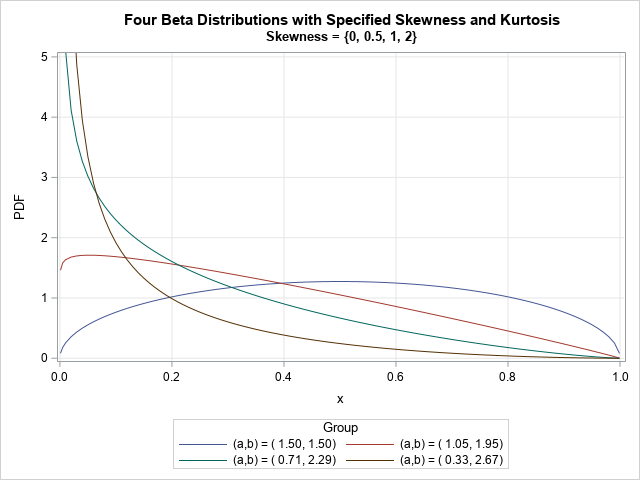SAS will again be participating in the Allied Social Science Association annual meetings in January. This year the event will be held in Boston, and conference organizers expect more than 12,000 participants from a variety of backgrounds, including economics, finance and many other social sciences. One of the primary functions of the event, aside from traditional academic sessions, is that it serves as a single meeting place for employers and job candidates. Each year, approximately 1,000 candidates attend ASSA for the sole purpose of finding a job. As I’ve written before, corporate economists are hot again and a great source for analytical talent, so if you’re on the job market consider exploring a career in industry. It’s a great place for economists to look for a job.
I’ve worked in academia and industry, so I know both worlds. And in my current role I constantly talk with economists performing analytical functions in some of the world’s largest companies. What I have seen is that both worlds provide ample opportunity to utilize your economist skills. In fact, I would conclude that a corporate analytic role will challenge your data skills in a way unlike academia. You will be pushed to learn both methods and as an economist you will be uniquely positioned to explain results to colleagues. There is, of course, no ‘free lunch,’ so your research will be guided by the firm’s revenue maximization or cost minimization priorities.
As you may know, SAS is one of the preferred analytical computing platforms by both businesses and government. In fact, Monster.com ranked it #1 on their list of “Job Skills that Lead to Bigger Paychecks.” For these reasons I was curious to conduct a little research about jobs using SAS. I chose to search the JOE website (Job Openings for Economists), the primary listing source for jobs in economics. I limited my search to positions listed as “Full-time nonacademic,” as universities are not likely to prefer one computing language over another. Of the 247 nonacademic listings, here is what I found for each program.
| Search Term | Number of jobs and link |
| SAS | 41 |
| Stata | 34 |
| Matlab | 27 |
| R | 16 |
| Python | 11 |
| SPSS | 5 |
| SQL* | 9 |
*while SQL is not a computational program I would consider it a language.
SAS was explicitly listed in 41 job descriptions. Each number above is a hyperlink to the actual search, should you be interested in seeing the jobs available.
For those attending the ASSA conference, please stop by the SAS booth in the exhibit hall and say hello. And if you want to talk about the market for economists in industry or would like to meet some of this year’s job market candidates or industry representatives, please consider attending the SAS Academic and Industry Reception to be held on Sunday, January 4th at 5pm. If you are not attending ASSA but will be in the area on that date, we’d be glad to have you join us at this reception. Please click here to RSVP.







1 Comment
There are jobs in analytics for anyone who can analyze. My background is in statistical astrophysics and and my mailbox is still full. It turns out that my experience in modelings changes in (stellar) populations and predicting seemingly random (astronomical) events that happen every few years puts me in good stead for modeling other things that happen every few years - like buying a few car.
The analytic teams I see have economists, statisticians, several theoretical physicists like myself, a few psychologists and biologists and occasionally other scientific disciplines. For example, I know a very talented person with an educational background in forensic science.
What all of us have in common is a solid grounding in statistics with practical experience in real-world, often dirty data, data mining, strong communication skills and an ability to match the right analytic method to given business problem. What we all have in common is analytics applied to real-world situations. There aren't nearly enough people to meet the need and the world is beating a path to out door.